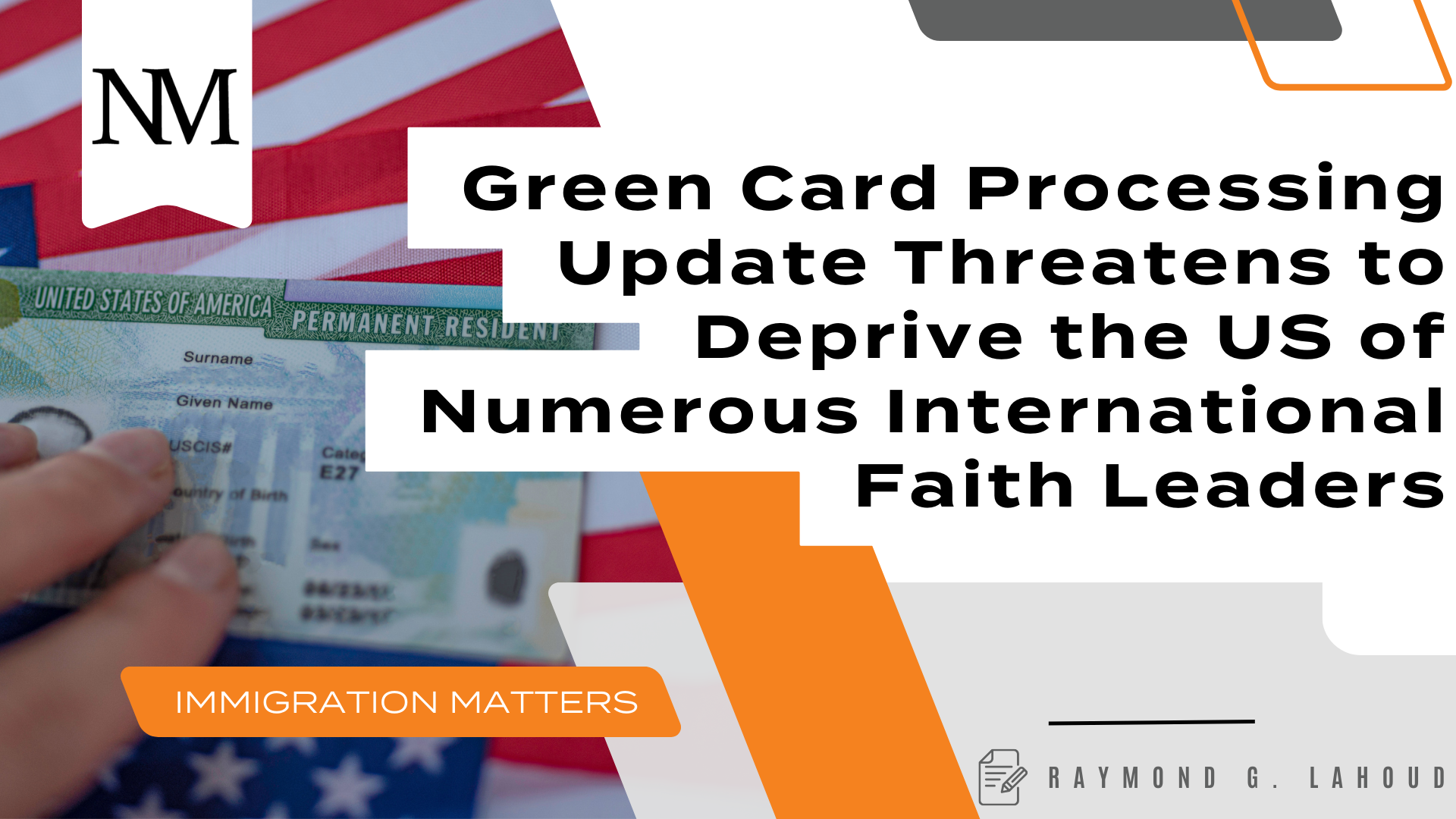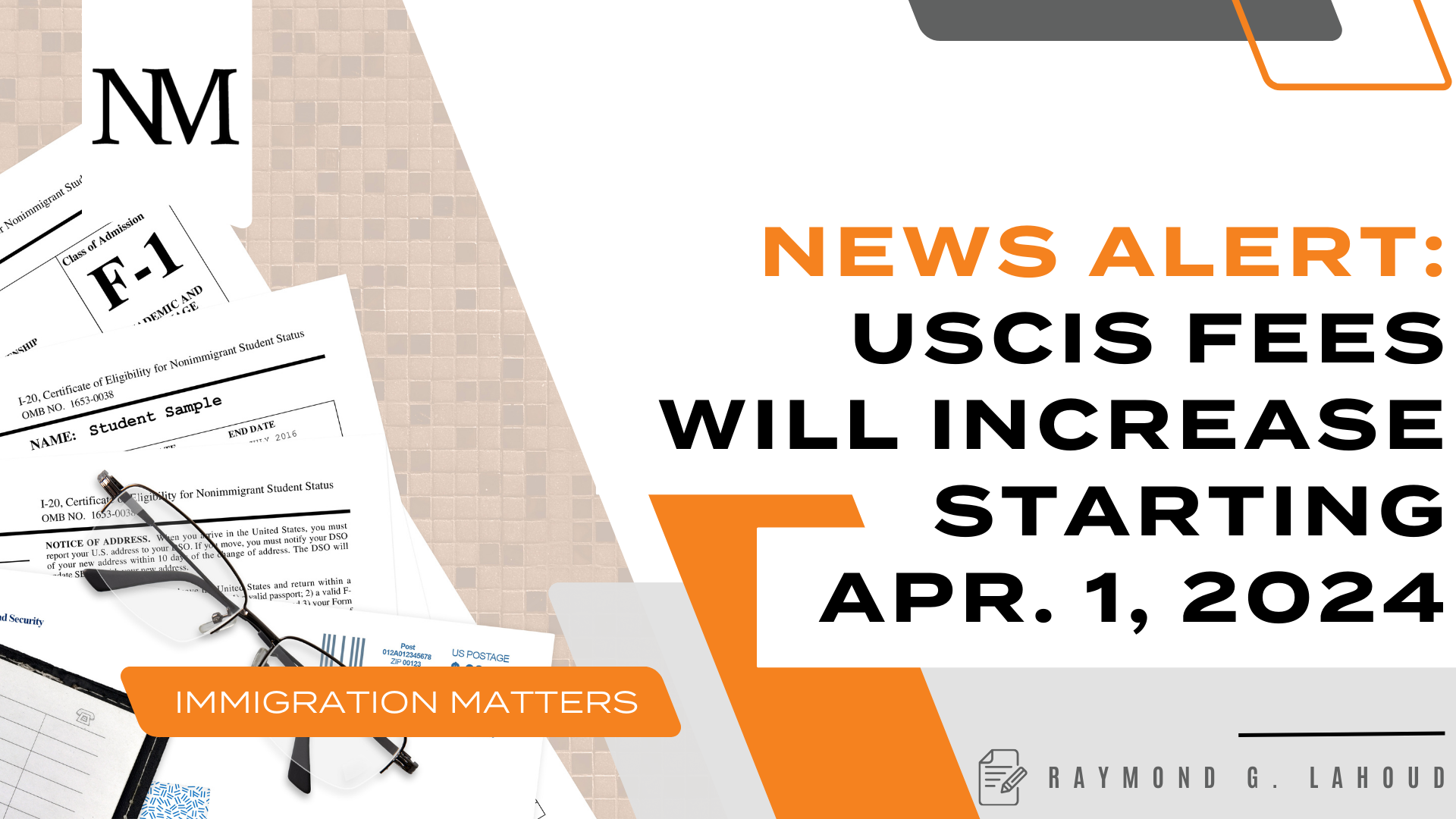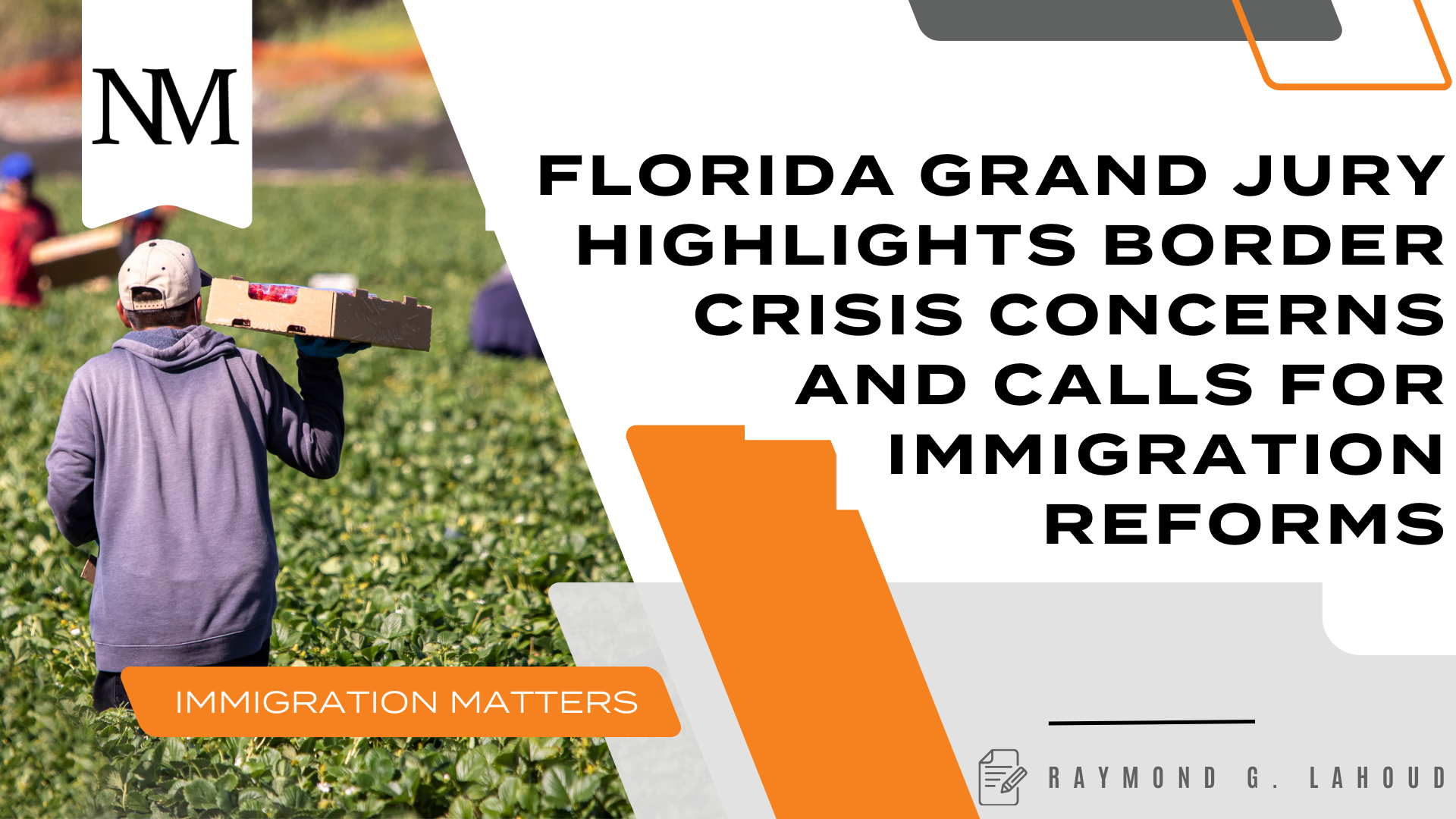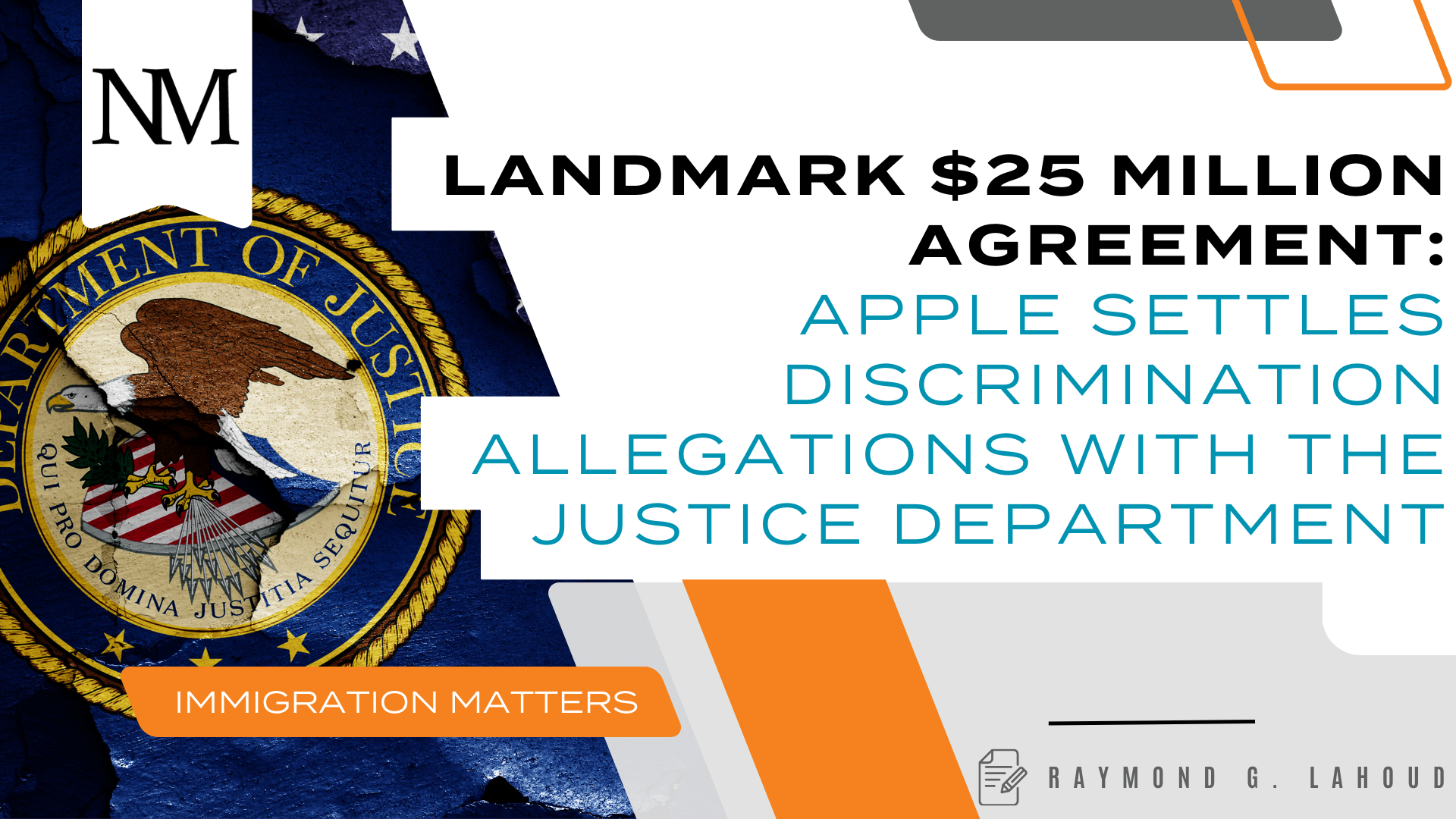Green Card Processing Update Threatens to Deprive the US of Numerous International Faith Leaders

A significant procedural change in how the federal government processes green card applications could impact the lives of thousands of foreign-born faith leaders in the U.S. Coupled with record-high numbers of illegal border crossings, many religious leaders are now in a state of uncertainty over the future of thousands of clergy members who have made the U.S. their home.
The Green Card Process and Impact on Faith Leaders
Religious organizations can apply for specialized visas for employees engaged in religious vocations or occupations. Additionally, churches can facilitate obtaining green cards and achieving permanent residency status for eligible employees, provided specific prerequisites are met.
The R-1 visa, a non-immigrant or temporary visa granted by the U.S. government to individuals working in religious roles, lasts up to 30 months and can be extended for a maximum of 5 years. This type of visa allows churches and religious organizations to recruit proficient and skilled religious professionals from foreign countries for roles that U.S. workers do not readily fill, granting these organizations access to a wider array of skills and expertise while enriching their talent pool.
To become permanent residents of the U.S., immigrants often apply for green cards, which can eventually lead to citizenship. The number of green cards available annually is set by Congress and is categorized based on factors like family relationships and employment skills. Unfortunately, the backlog for certain categories can be extensive.
Historically, faith leaders had shorter wait times for green cards, allowing them to obtain permanent residency before their temporary work visas expired. But in March, the State Department announced a shift in processing procedures. The State Department announced that applications for neglected or abused minors from Guatemala, Honduras, and El Salvador had been in the wrong queue for nearly seven years. These applications were then added to the general queue alongside those of clergy members.
As a result of this change, only applications filed before January 2019 are currently being processed. This change in the system has left faith leaders whose visas are expiring with no other option than to leave their congregations behind. The wait time for green cards has become so long that some estimate it to be at least a decade, given that only 10,000 green cards are granted annually.
The Impact and Aftermath
This lengthy wait for green cards is likely to discourage religious organizations from hiring foreign-born workers, even as there is a growing demand for leaders of immigrant congregations who can communicate in languages other than English and understand various cultures. The ability to practice their faith in their native language with someone who understands their culture is very important to many immigrants.
In response to these challenges, faith leaders and organizations, along with immigration attorneys, have lobbied the Biden administration and Congress to address the issue. Proposed solutions include allowing religious workers to file for their green cards, granting them temporary work authorization while waiting for permanent residence. Another solution would be for Congress to remove the applications of vulnerable minors from the same category as religious workers, thereby avoiding competition for visas. The uncertainty faced by foreign-born faith leaders due to the recent changes in green card processing is a pressing issue. While the situation remains uncertain, faith leaders continue to minister to their congregations, relying on faith and hope for a resolution that allows them to continue their essential work in the U.S.
If you are facing challenges or bureaucratic dead ends in the green card process, please do not hesitate to reach out to me at rglahoud@norris-law.com.




